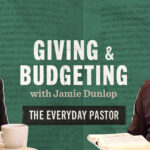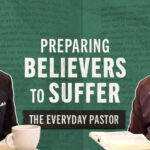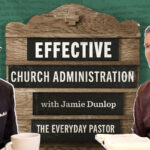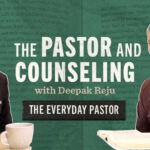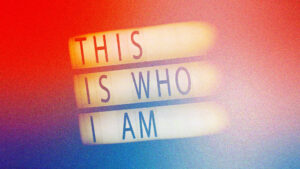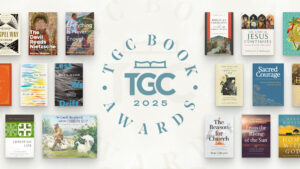Jackie Hill’s debut album doesn’t sound like a debut album. The 25-year-old St. Louis native, already known for unleashing raw, in-your-face truth through the medium of spoken word poetry, has now released a mature and stirring album from Humble Beast Records titled The Art of Joy. From the first song (“Argument”) to the last (“The Art of Joy”)—which together, she has pointed out, act as thematic “bread slices” bookending the 12-track project—The Art of Joy is a work of art.
I recently corresponded with Hill [Twitter] about her transition to rap, the meaning of the album title, how John Piper influenced the project, and more.
Your background as an artist is primarily in spoken word poetry. Why the transition to rap?
Rap just kind of happened. About three years ago, I was part of a cypher with some of my poet friends who could rap. They were all performing some dope 16-bar verses and I was left there with only a poem in my arsenal. Which made me feel some kind of way. So I went home and said to myself, If they can do it, then I can too. So from then I just started to write raps as something to do on the side. Nothing I really had interest in doing publicly or professionally, until people like Kareem Manuel and Shai Linne (among many others) encouraged me to use the gift for God’s glory and not just for my own enjoyment.
What’s the significance of the album title The Art of Joy?
When we hear “The art of __________” we automatically expect a guide or map on how to accomplish or do something well. Whether it’s Sun Tzu’s book The Art of War, which has taught 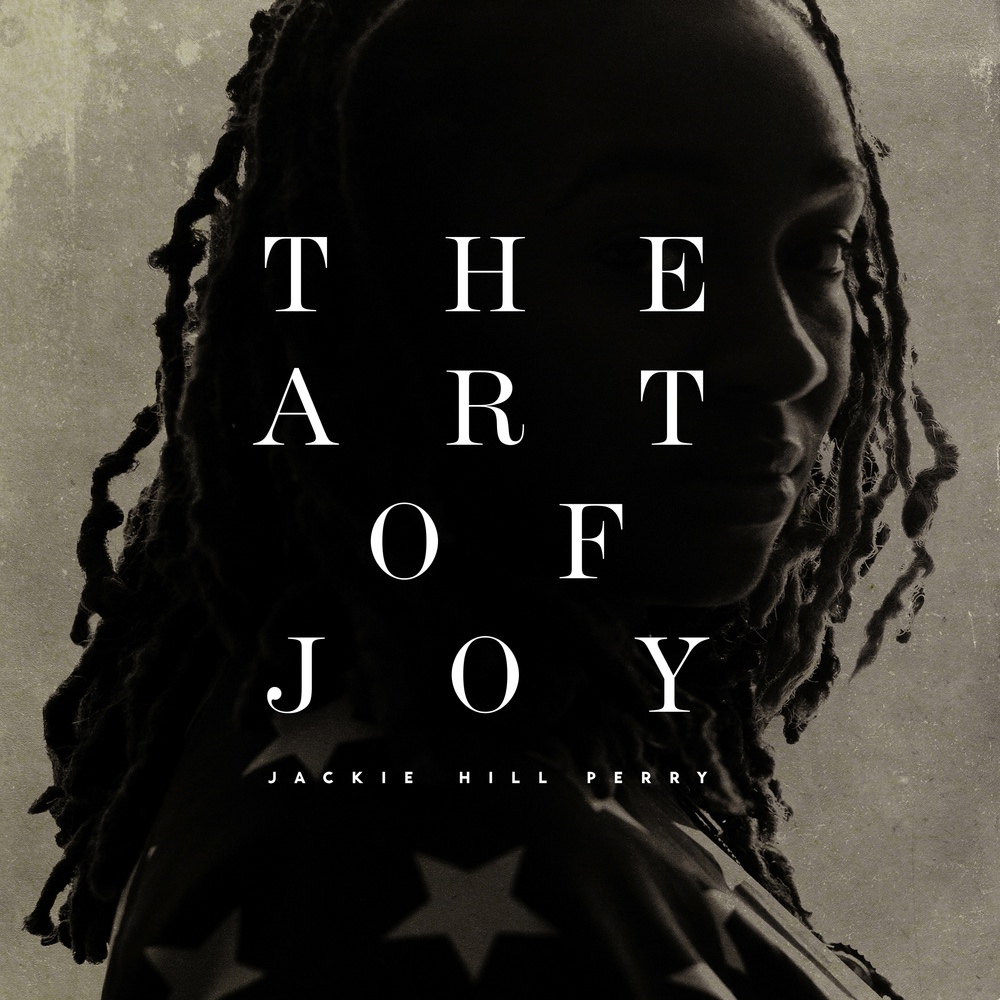 many about military tactics, or Outkast’s song “The Art of Storytelling,” which showcases two skilled lyricists telling a story over a beat, these projects paint pictures about things that help the listener step into the author’s shoes. So for me, we can look around and see a culture with a inherent desire to be happy and satisfied, but because of our sinful nature we seek fulfillment in everything under the sun except God. So the title The Art of Joy is a small artistic attempt to give people a map for how and where this soul satisfaction can be found. And that is in Christ alone.
many about military tactics, or Outkast’s song “The Art of Storytelling,” which showcases two skilled lyricists telling a story over a beat, these projects paint pictures about things that help the listener step into the author’s shoes. So for me, we can look around and see a culture with a inherent desire to be happy and satisfied, but because of our sinful nature we seek fulfillment in everything under the sun except God. So the title The Art of Joy is a small artistic attempt to give people a map for how and where this soul satisfaction can be found. And that is in Christ alone.
What song did you most enjoy making and why?
That’s a difficult question to answer because all of the songs on the album had their joys and difficulties. But if I had to choose, it would be “Ode to Lauryn” (a tribute to Lauryn Hill). I got a stool and sat in the booth and just rapped. The vibe of the song created a feel for me that was really enjoyable. Another thing was seeing the final product of that song come to life. I recorded the vocals on one beat that I wasn’t really satisfied with, then Beautiful Eulogy and Daniel Steele came together to try to create the sound I was looking for until, finally, they captured the perfect sound to support the lyrics. That process was beautiful.
You got married—and then suddenly pregnant!—almost a year ago. How did your perspective on life as a wife and soon-to-be mom practically shape this album?
This year has been full of new experiences, to say the least! Being a wife and preparing to be a mother gave me a different outlook on the goal of what may or may not happen as a result of this album. As a single person, I was pretty free to take any and all ministry opportunities thrown my way. Then when marriage came, my husband became my priority and also the person I had to consult before making huge ministry decisions. Adding a child to that equation continued to redefine my identity. It wasn’t “I am Christian who happens to be an artist” anymore. Now it was “I am a Christian who’s called to serve her family before she’s called to be an artist.” So I went into the project knowing that it is a means to glorify God but not something that should take precedence over my first ministry.
How did John Piper’s Desiring God shape this project? Were there any other influential books?
Desiring God and the concept of Christian hedonism was the skeleton for this album. Piper’s teaching and books on finding pleasure in God have completely revolutionized my view of God, self, and sin. You can hear the whispers of Christian hedonism in songs like “Educated Fools,” “Better,” “Dead Preacher,” “The Solution,” and so on. Though Desiring God was the main source of inspiration, the writings of C. S. Lewis were a huge influence as well.
Free Book by TGC: ‘Before You Lose Your Faith’
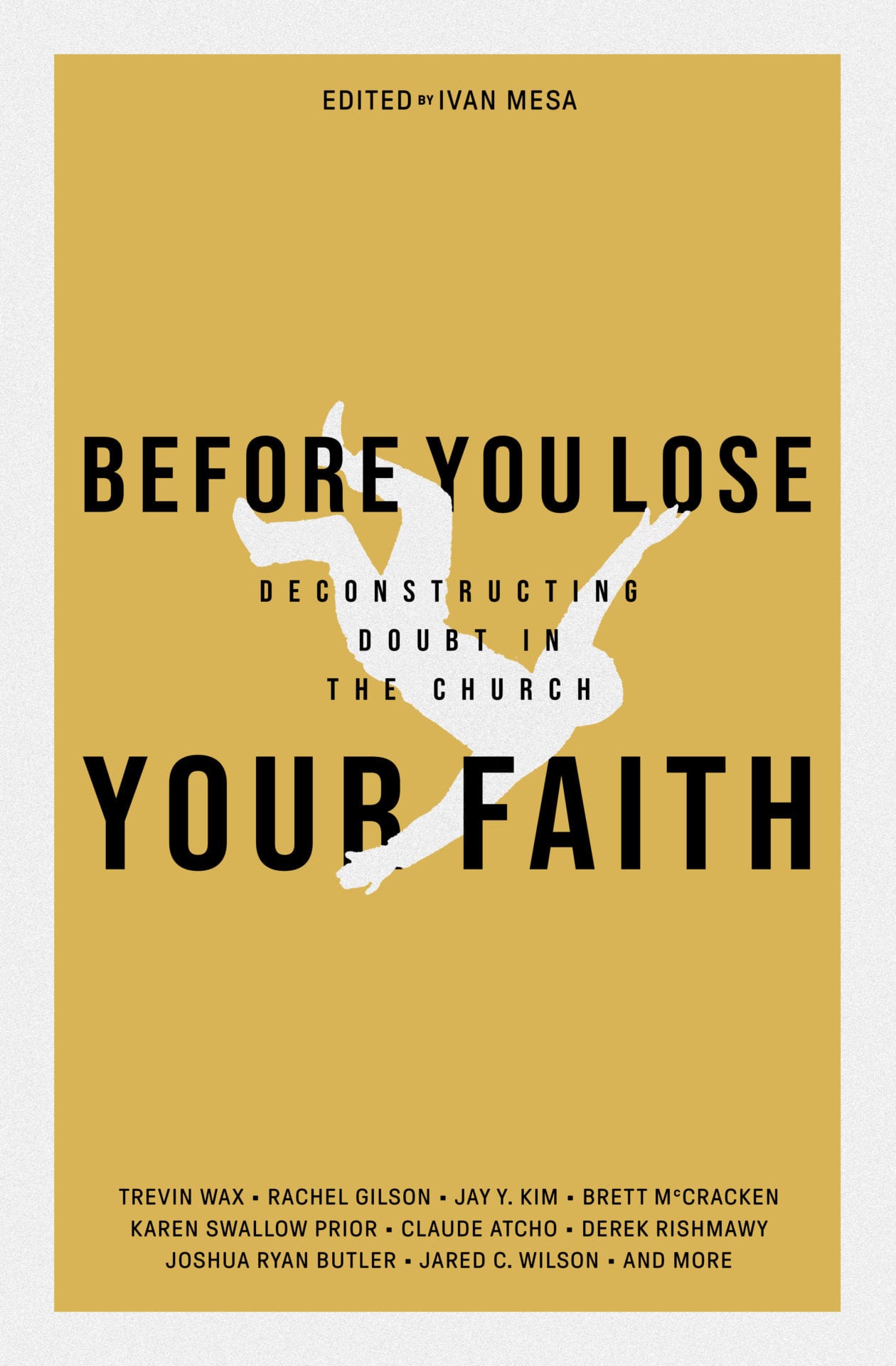 Many young people are walking away from Christianity—for reasons ranging from the church’s stance on sexual morality, to its approach to science and the Bible, to its perceived silence on racial justice.
Many young people are walking away from Christianity—for reasons ranging from the church’s stance on sexual morality, to its approach to science and the Bible, to its perceived silence on racial justice.
TGC’s book Before You Lose Your Faith: Deconstructing Doubt in the Church is an infusion of hope, clarity, and wisdom in an age of mounting cynicism toward Christianity.
For anyone entering college or the workplace and looking for a timely reminder of why Christianity is good news in a skeptical age, make sure to get your FREE ebook Before You Lose Your Faith today!








